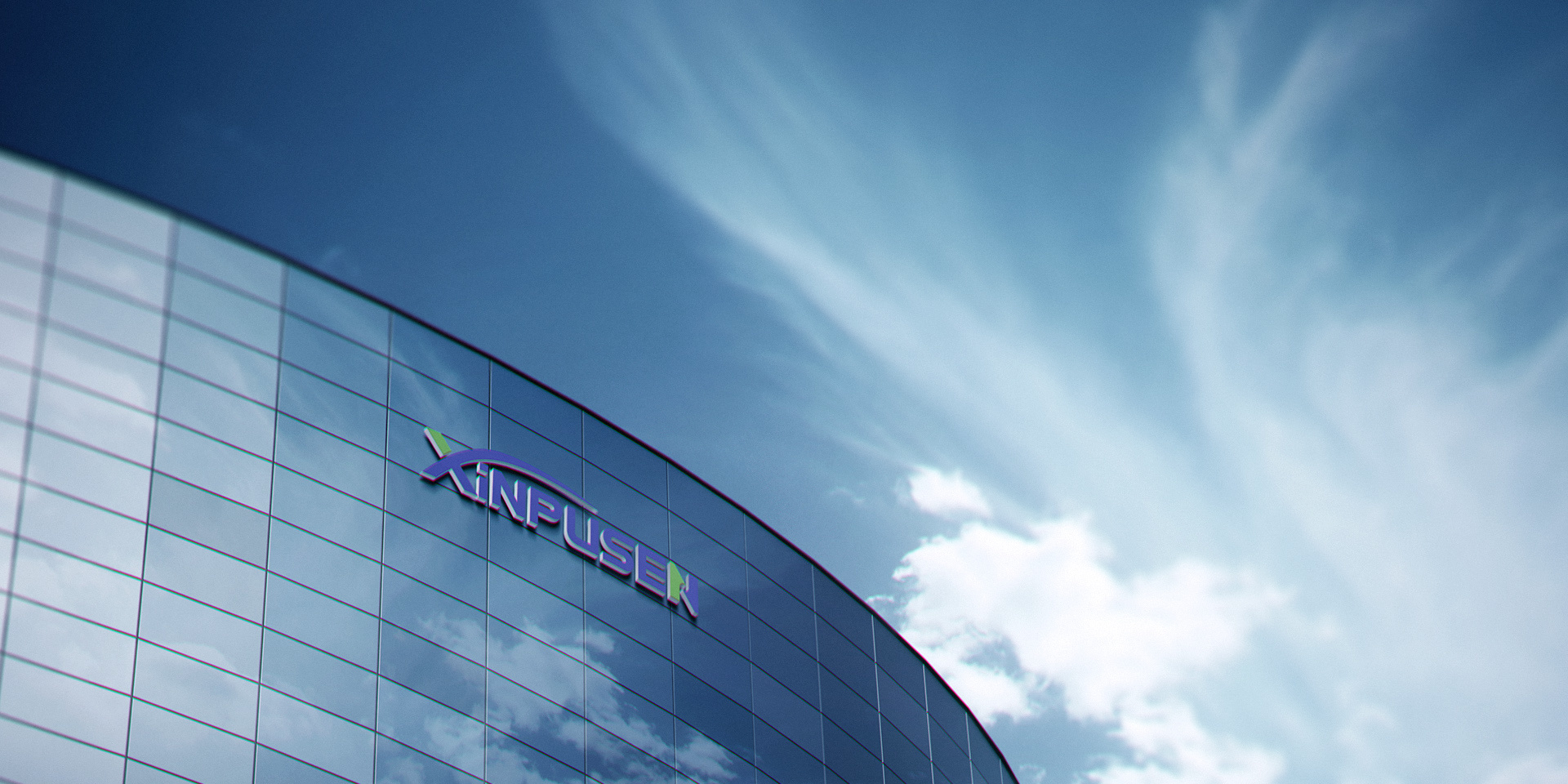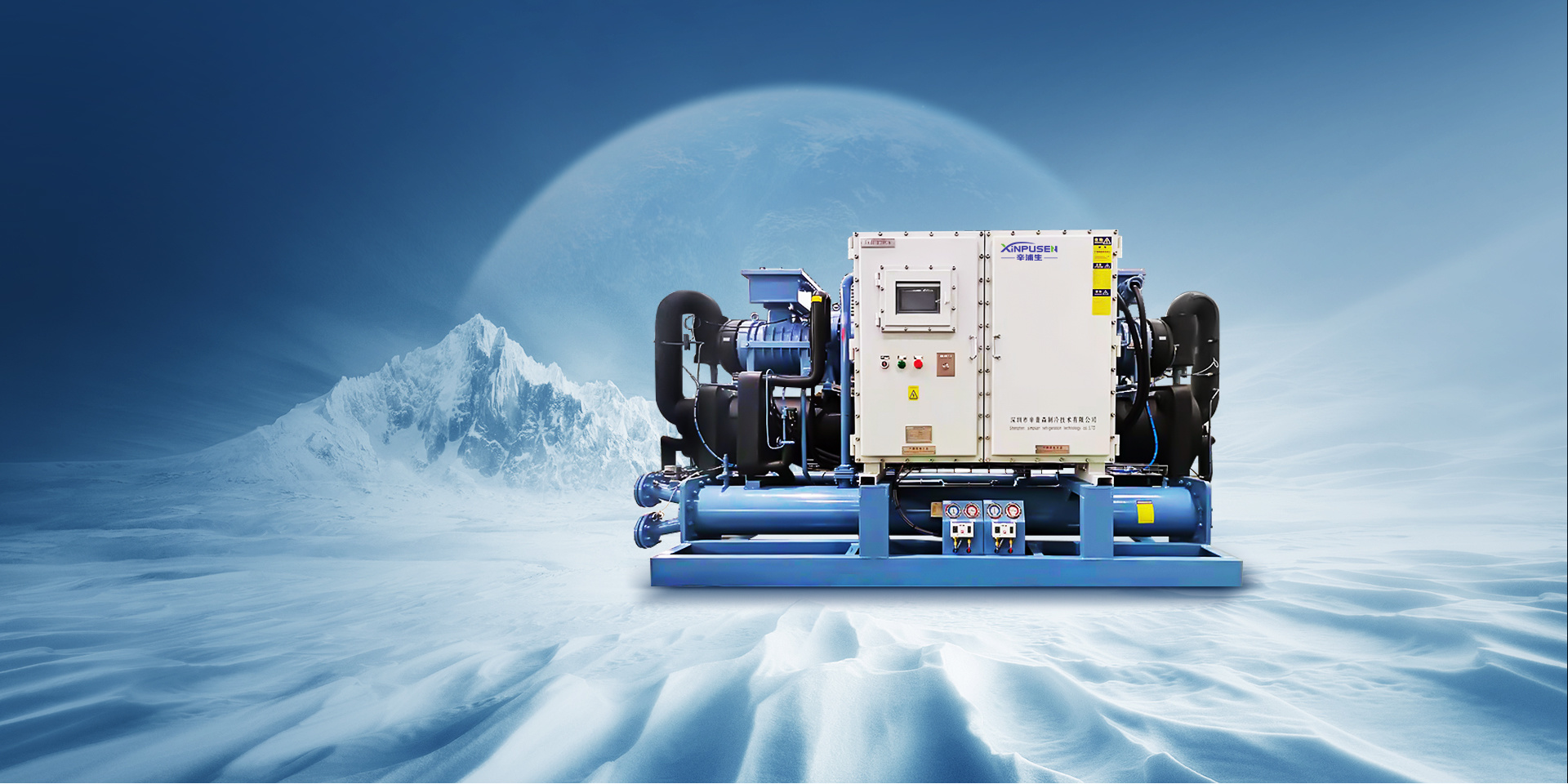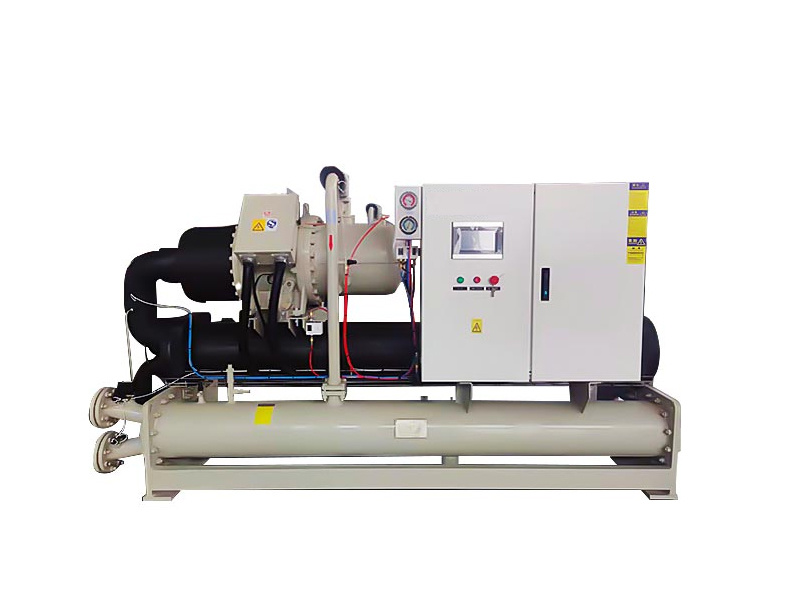The Future of Cooling: Exploring the Water-Cooled Magnetic Levitation Chiller
2025-07-04 14:00
Water-cooled magnetic levitation chillers represent a cutting-edge advancement in cooling technology, combining efficiency and innovative design to meet the demanding needs of various industrial applications. These chillers utilize magnetic levitation (maglev) technology, which eliminates the need for mechanical bearings, resulting in reduced friction and wear over time. This not only enhances the durability of the system but also significantly lowers maintenance requirements.
One of the most compelling advantages of water-cooled magnetic levitation chillers is their efficient energy usage. By relying on water as the primary cooling medium, these chillers can achieve lower operational costs compared to traditional air-cooled systems. The magnetic levitation technology allows for higher efficiency rates and greater cooling capacities, making them especially suitable for large-scale operations that require substantial cooling output.
In operation, the water-cooled magnetic levitation chiller uses a closed-loop system where water absorbs heat from the environment or the process and carries it to the chiller. Inside the chiller, the refrigerant undergoes a phase change, absorbing heat and effectively cooling the water before it is circulated back into the system. This process not only maintains consistent temperatures but also enhances the overall system performance by reducing the impact of ambient temperature fluctuations.
Moreover, the use of magnetic levitation technology contributes to quieter operation. Traditional chillers often rely on noisy compressors and fans, which can be a significant drawback in settings where noise control is essential. Water-cooled magnetic levitation chillers operate with minimal noise, thereby improving the working environment in industrial settings such as manufacturing plants, data centers, and commercial buildings.
Sustainability is another key aspect of these chillers. As industries increasingly focus on reducing their carbon footprint, water-cooled magnetic levitation chillers stand out as a more eco-friendly option. Their high efficiency translates to lower energy consumption, which subsequently reduces greenhouse gas emissions associated with energy production. Additionally, many modern chillers are designed to use refrigerants with low global warming potential, further enhancing their environmental profile.
In conclusion, water-cooled magnetic levitation chillers exemplify the future of industrial cooling solutions. By integrating advanced technology with energy efficiency and sustainability, these chillers are well-suited to meet the evolving demands of various industries. As more organizations seek to optimize their cooling systems, understanding the benefits and functionalities of water-cooled magnetic levitation chillers will be crucial in making informed decisions about industrial refrigeration.
Previous: How Water-Cooled Magnetic Levitation Chillers Enhance Industrial Efficiency
More Information
2026-03-02
Understanding the Advantages of Water-Cooled Screw Chillers for Industrial Applications
2026-02-24
quality air cooled industrial chiller
2026-02-23
Essential Insights into Air Cooled Industrial Chillers: Efficiency, Selection, and Maintenance
2026-02-16
What to Expect During the Installation of Air Cooled Industrial Chillers: A Comprehensive Guide
2026-03-02
Understanding the Advantages of Water-Cooled Screw Chillers for Industrial Applications









 CN
CN EN
EN


